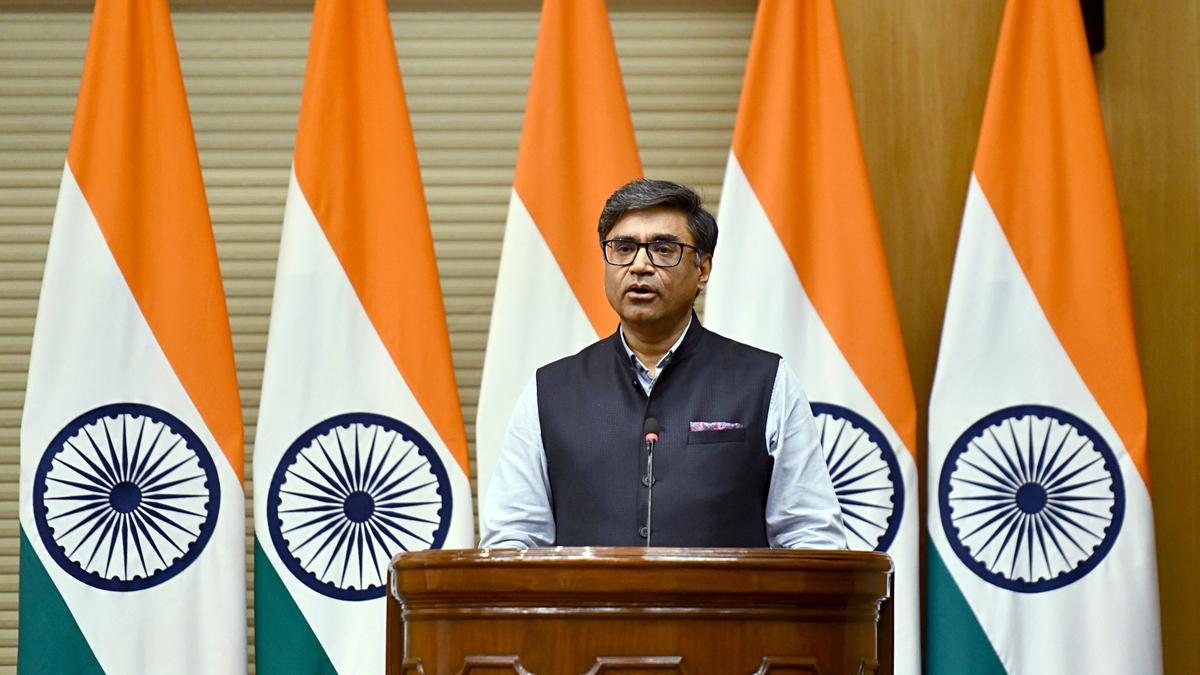New Delhi: Senior Members of IAS, IPS and IFS openly supported Union Secretary Foreign Affairs, Vikram Misri has found himself at the center of a significant controversy, drawing both intense online criticism and a strong wave of support from various sectors. Here’s a more detailed breakdown of the situation:
The Core of the Issue:
- Social Media Trolling:
- The controversy stems from online trolling directed at Vikram Misri following the announcement of a ceasefire agreement between India and Pakistan.
- The trolling escalated to include personal attacks, with online users targeting Shri Misri and his family.
- Due to this, Shri Misri locked his social media X account.
- Ceasefire Agreement:
- The announcement of the ceasefire agreement itself triggered the online backlash, with some individuals expressing strong disapproval.
The Outpouring of Support:
- Bureaucratic Solidarity:
- IAS, IPS, and IFS officers have voiced strong support for Shri Misri, condemning the personal attacks and emphasizing his integrity and dedication.
- Associations representing these civil service cadres have released statements expressing solidarity and denouncing the online abuse.
- Political Backing:
- Politicians across party lines have also come forward to defend Shri Misri, highlighting his reputation as an honest and hardworking public servant.
- Political figures have made statements criticizing the online attacks, and the lack of governmental protection for the civil servant.
- Diplomatic Community:
- Former diplomats have also joined in the support, strongly condemning the online attacks.
- The support highlights the importance of protecting civil servants from unwarranted attacks, and upholding the dignity of public service.
Key Points to Consider:
- The incident underscores the growing problem of online trolling and its potential impact on public servants.
- The widespread support for Shri Misri reflects the high regard in which he is held within both the bureaucratic and political spheres.
- It also highlights the importance of the work that civil servants do, and the fact that they are often implementing policy, and not creating it.


